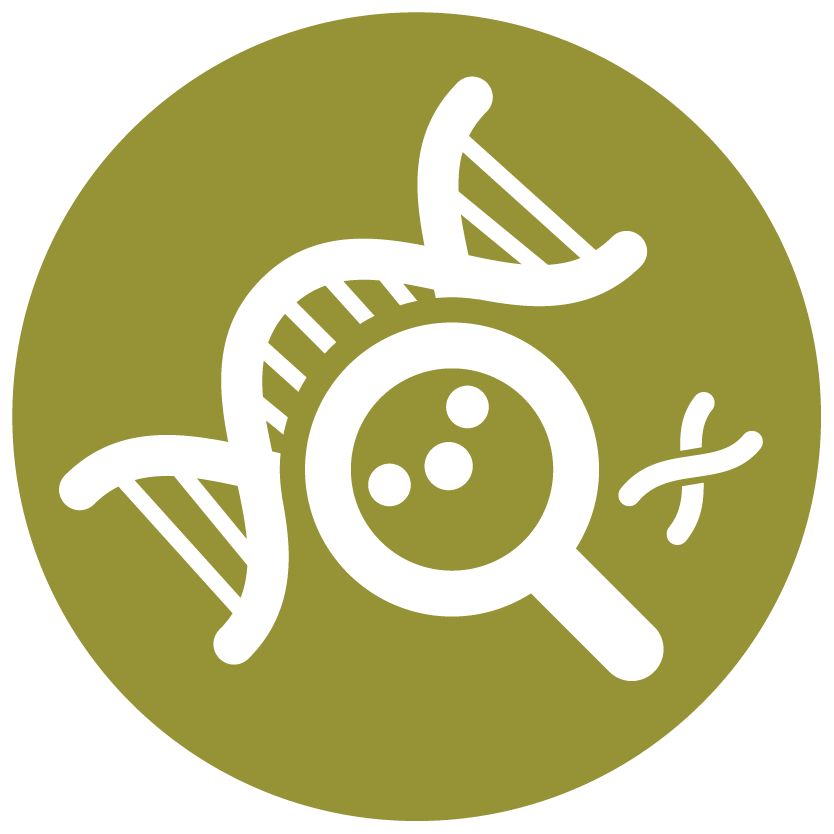Back
Discovery and Basic Research
Session: Rapid Fire: Targeted Drug Discovery and Molecular Pharmacology
Endogenous Blood-Brain Barrier Transporters are Critical Determinants of Neuroprotective Drug Efficacy in Ischemic Stroke
Wednesday, October 19, 2022
3:30 PM – 3:45 PM ET
Location: 255

Patrick T. Ronaldson, PhD
Professor
University of Arizona College of Medicine
Tucson, Arizona
Rapid Fire Speaker(s)
To date, drug discovery for ischemic stroke has been challenging as evidenced by poor translatability of compounds from preclinical studies to successful clinical trials. In contrast, some drugs (i.e., statins, memantine) have been shown to improve functional neurological outcomes in stroke patients. This property indicates that both statins and memantine can permeate the blood-brain barrier (BBB) and achieve effective concentrations in ischemic brain tissue. Our laboratory has demonstrated that endogenous BBB transport mechanisms (i.e., Organic Anion Transporting Polypeptides (Oatps), Organic Cation Transporters (Octs)) are the specific mechanism that enable such drugs to be delivered from the systemic circulation into brain tissue. Furthermore, we have shown, for the first time, that statins and memantine do not exert any neuroprotective effects in an animal model of experimental ischemic stroke if BBB transport processes are impaired. This effect occurred despite concurrent paracellular "leak", which demonstrates that selective BBB transporters dominate over non-selective drug uptake pathways. Our data emphasize the need to assess brain penetration of therapeutic agents during preclinical drug development, a consideration that will likely enable new compounds for ischemic stroke to advance further in clinical trials. Overall, these results strengthen the novel and translational evidence generated by our laboratory that endogenous BBB transport systems can be targeted for CNS drug delivery, thereby providing a platform for development of novel treatment strategies for ischemic stroke.
Learning Objectives:
- Upon completion, participants will recognize the importance of studying blood-brain barrier (BBB) transport mechanisms during early preclinical development of drugs for neurological diseases such as ischemic stroke.
- Upon completion, participants will appreciate the critical role of endogenous BBB uptake transporters (i.e., organic anion transporting polypeptides, organic cation transporters) in CNS drug delivery.
- Upon completion, participants will understand that transporters can still function as critical determinants of CNS drug delivery in the setting of BBB dysfunction such as occurs in response to ischemic stroke.

